This article was co-authored by Jeff Siegel. Jeff Siegel is a Holistic Life Coach and the Founder of Jeff Siegel Wellness. With nearly 10 years of experience, he specializes in mind-body medicine, life coaching, health and wellness coaching, mindfulness, corporate training, and transformational public speaking. He received a Master of Education from Harvard Graduate School of Education, a Master of Buddhist Studies from The University of Hong Kong, and a BSc in Neuroscience & Biology from Emory University. He’s also a certified personal trainer, a certified Eating Psychology Coach, and a certified Koru Mindfulness Teacher.
There are 11 references cited in this article, which can be found at the bottom of the page.
This article has been viewed 17,594 times.
Chances are that most men will experience some form of erectile dysfunction at some point in their life. Studies show that about 50% of men in their 50s are affected by mild of moderate ED.[1] That number reaches 70% by the time they are 70 years old. Although erectile dysfunction is a problem that affects most men there are steps to take to prevent it.
Steps
Getting Educated about ED
-
1Know the symptoms of ED. Knowledge is key when trying to diagnose a problem with sexual performance. Knowing if you have symptoms of ED or if what you are experiencing is completely normal will help you take the next step in fixing it. Symptoms include:[2]
- Being able to get an erection sometimes but not every time you want to have sex.
- Being able to get an erection but not have it last long enough for sex.
- Being unable to get an erection at any time.
- Reduced sex drive.
-
2Educate yourself further and seek out medical advice if you're already suffering from ED. Some more specific guides can help with that: How to Treat Erectile Dysfunction and How to Cope With Erectile Dysfunction are aimed at people who are already experiencing issues.
- If your ED is causing problems in a relationship, then How to Deal with Erectile Dysfunction in a Relationship and How to Tell Your Partner You Have Erectile Dysfunction might help, too.
Living a Healthy Lifestyle
-
1Eat a healthy diet. A diet bad for a man's heart is also bad for his ability to have and maintain an erection. Research has shown that the same foods linked to heart attacks can also impede blood flow to the penis, which is needed in order for the penis to become erect.[3] Easy ways to improve your diet to help prevent ED are:
- Eat plenty of fruits and vegetables.
- Include heart-healthy foods such as nuts and red wine.
- Avoid processed meats and fried foods.
- Avoid soft drinks.
-
2Maintain a healthy weight. Being overweight can cause health problems that affect the nervous system such as type 2 diabetes. If the nerves that supply the penis are affected then ED can result. Not only could it affect the nervous system but being overweight also affects the cardiovascular system, which is crucial for erectile health.
- A healthy weight can also prevent high blood pressure and high cholesterol which can lead to damaged blood vessels and ultimately lead to ED.[4]
-
3Exercise regularly. There is strong evidence linking lack of exercise to ED. Aerobic activities have been shown to prevent ED. Some recommended exercises include swimming and running.[5]
- Be careful of exercises that put excessive pressure on the perineum, such as biking, which is the area between the scrotum and anus. This can put pressure on the nerves and blood vessels in the area. "no nose" bike seats can be used to solve this problem.[6]
-
4Get a good nights sleep. Experts say that a lack of sleep can negatively affect erections. Some suggest to have sex when the man is most rested, which is in the morning.[7]
-
5Avoid stress, if possible. Stress boosts adrenaline which causes blood vessels contract, constricting blood flow to the penis. Instead of using drugs to help erectile dysfunction, some activities that reduce stress such as massages, meditation and yoga can be used to treat and prevent erectile dysfunction, especially in younger people[8]
-
6Monitor testosterone levels. Most men have testosterone levels fall around age 50 or some even around age 40. Low testosterone could lead to low sex drive and also erectile dysfunction. Certain testosterone boosting drugs could be a solution if low testosterone is the main problem causing ED.[9]
-
7Don't depend on kegels. Kegels are exercises people believe prevent ED. These are exercises centered around repeated movement of pelvic muscles. While these activities help people struggling with incontinence, which is lack of control of urination or even ejaculation, there is no evidence showing that they help with ED.[10]
Avoiding Common Causes of Erectile Dysfunction
-
1Drink alcohol only in moderation or even not at all. Alcohol is a depressant which means it can heavily dampen your mood and decrease sexual desire.[11]
- Chronic drinking can also lead to liver damage and interfere with male sex hormones causing ED.
-
2Stop smoking. Smoking cigarettes can hurt the blood vessels and prevent blood flow to the penis. Nicotine, which abundant is in cigarettes and electronic cigarettes, causes blood vessels to contract which can impede blood flow to the penis and make it more difficult to get an erection.[12]
-
3Avoid anabolic steroid use. Anabolic steroids, which are commonly used by body builders to increase muscle growth, can shrink the testicles and lower ability to produce testosterone. Anabolic steroids have also been shown to reduce sperm count.[13]
-
4Avoid risky sex. There are important penile fibers that can tear if the penis is bent abruptly. This can be very painful and also lead to bruising. Excessive damage to the penis can lead to erectile dysfunction.[14]
References
- ↑ https://www.uwhealth.org/conditions/erectile-dysfunction
- ↑ https://www.mayoclinic.org/diseases-conditions/erectile-dysfunction/symptoms-causes/syc-20355776
- ↑ https://www.health.harvard.edu/mens-health/5-natural-ways-to-overcome-erectile-dysfunction
- ↑ https://www.health.harvard.edu/mens-health/5-natural-ways-to-overcome-erectile-dysfunction
- ↑ https://www.ncbi.nlm.nih.gov/pmc/articles/PMC5960035/
- ↑ https://www.health.harvard.edu/blog/exercise-and-erectile-dysfunction-ed-201104261574
- ↑ https://www.mensjournal.com/health-fitness/10-ways-to-prevent-erectile-dysfunction-20140602/get-sleep/
- ↑ https://www.mensjournal.com/health-fitness/10-ways-to-prevent-erectile-dysfunction-20140602/get-sleep/
- ↑ https://www.health.harvard.edu/blog/a-logical-approach-to-treating-erectile-dysfunction-201211275583
- ↑ https://www.webmd.com/erectile-dysfunction/features/protect-your-erection-11-tips#1
- ↑ https://www.everydayhealth.com/erectile-dysfunction/why-boozing-can-be-bad-for-your-sex-life.aspx
- ↑ https://www.healthline.com/health/erectile-dysfunction/impotence-and-smoking
- ↑ https://www.mensjournal.com/health-fitness/10-ways-to-prevent-erectile-dysfunction-20140602/watch-your-alcohol-consumption/
- ↑ https://www.mensjournal.com/health-fitness/10-ways-to-prevent-erectile-dysfunction-20140602/watch-your-alcohol-consumption/

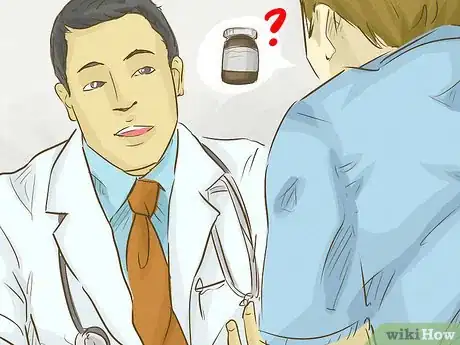
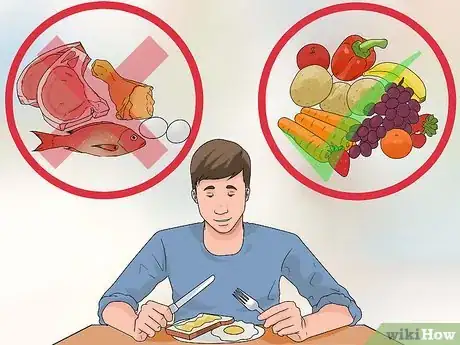
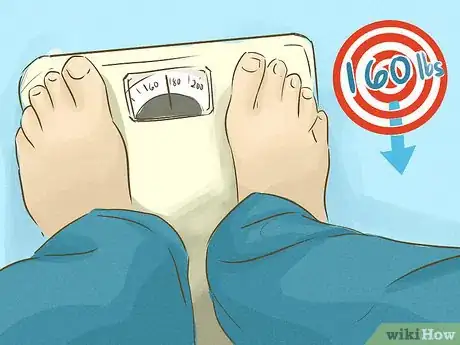

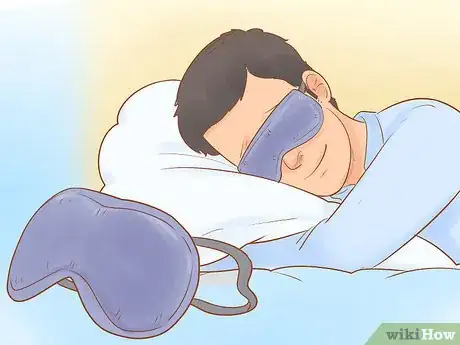


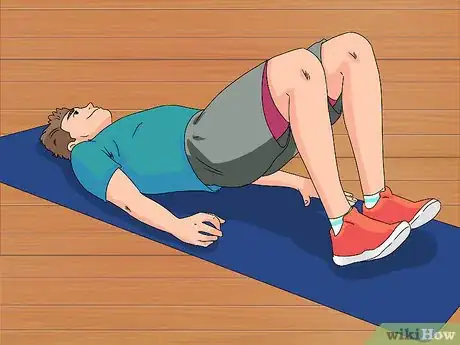
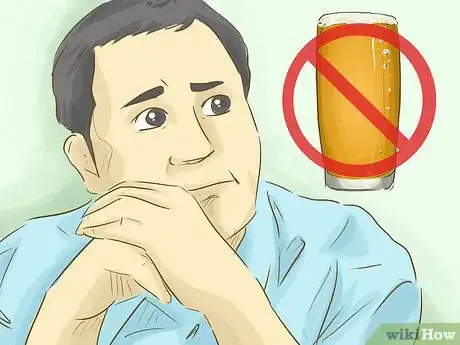
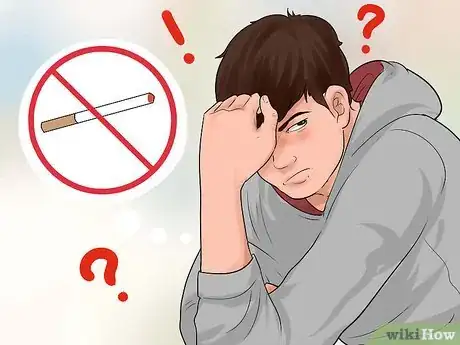
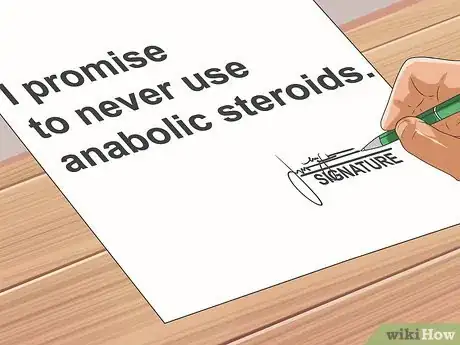

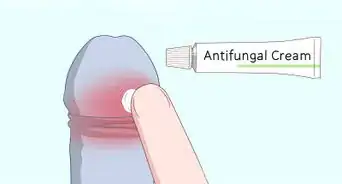
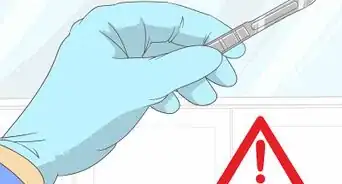



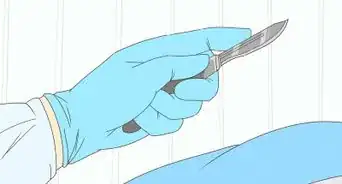




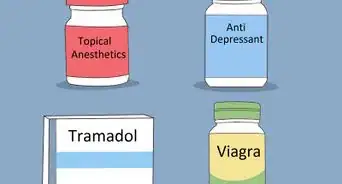

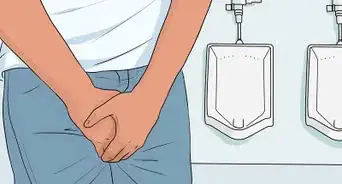









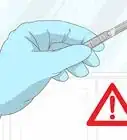
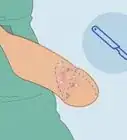



































Medical Disclaimer
The content of this article is not intended to be a substitute for professional medical advice, examination, diagnosis, or treatment. You should always contact your doctor or other qualified healthcare professional before starting, changing, or stopping any kind of health treatment.
Read More...